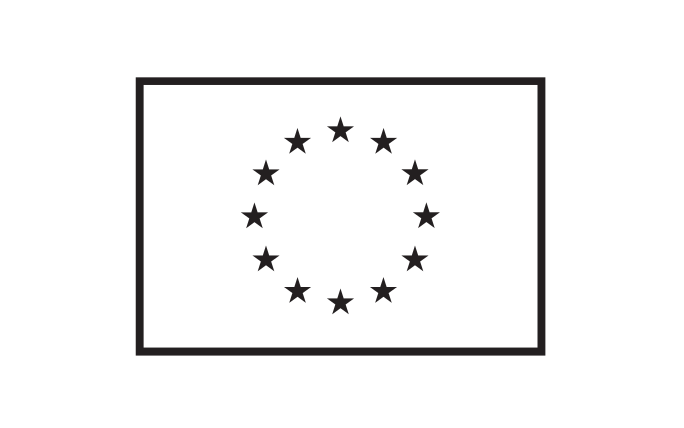Prof. MD PhD
The Complement group, headed by Prof. Seppo Meri, has for long had an interest in sorting out how and why the complement system contributes to disease pathogenesis, how the system is controlled and how pathogenic microbes, parasites and tumor cells escape complement attack. Abnormalities in complement regulation lead directly to a variety of immunological diseases and are involved also in cardiovascular, immunological and rheumatic diseases. Current studies address mechanisms of complement evasion by enteric bacteria and malaria parasites. We are also studying the interactions of complement proteins with pentraxins and lipoproteins and the role of complement dysfunction in vascular and glomerular disease and in pregnancy complications.
Haapasalo K, Meri S. Regulation of complement system by pentraxins. Front Immunol 10:1750 (2019).
Reichhardt MP, Meri S. Intracellular complement activation - An alarm raising mechanism? Semin Immunol (18)30002-2 (2018).
Nissilä E, Korpela K, Lokki AI, Paakkanen R, Jokiranta S, de Vos WM, Lokki ML, Kolho KL, Meri S. C4B gene influences intestinal microbiota through complement activation in patients with paediatric-onset inflammatory bowel disease. Clin Exp Immunol 190:394-405 (2017).
Lokki AI, Kaartokallio T, Holmberg V, Onkamo P, Koskinen LE, Saavalainen P, Heinonen S, Kajantie E, Kere J, Kivinen K, Pouta A, Villa PM, Hiltunen L, Laivuori H, Meri S. Analysis of complement C3 gene reveals susceptibility to severe preeclampsia. Front Immunol 8:589 (2017).
Meri S. Self-nonself discrimination by the complement system. FEBS Lett 590:2418-34 (2016).
Hyvärinen S, Meri S, Jokiranta TS. Disturbed sialic acid recognition on endothelial cells and platelets in complement attack causes atypical hemolytic uremic syndrome. Blood 127:2701-10 (2016).
PROGRAMME SPEAKER
Reinhard Würzner, M.D., Ph.D.
Schöpfstraße 41
A-6020 Innsbruck
Imprint
This project has received funding from the European Union's Horizon 2020 research and innovation programme under grant agreement No 860044






